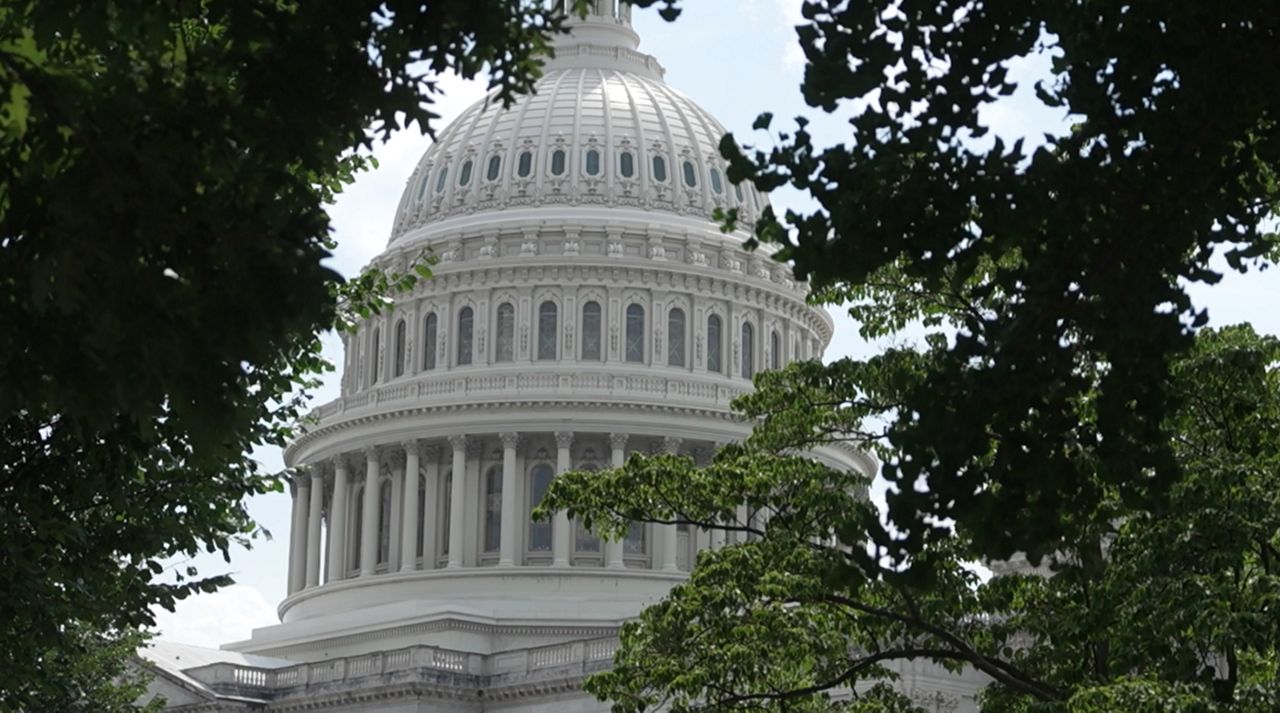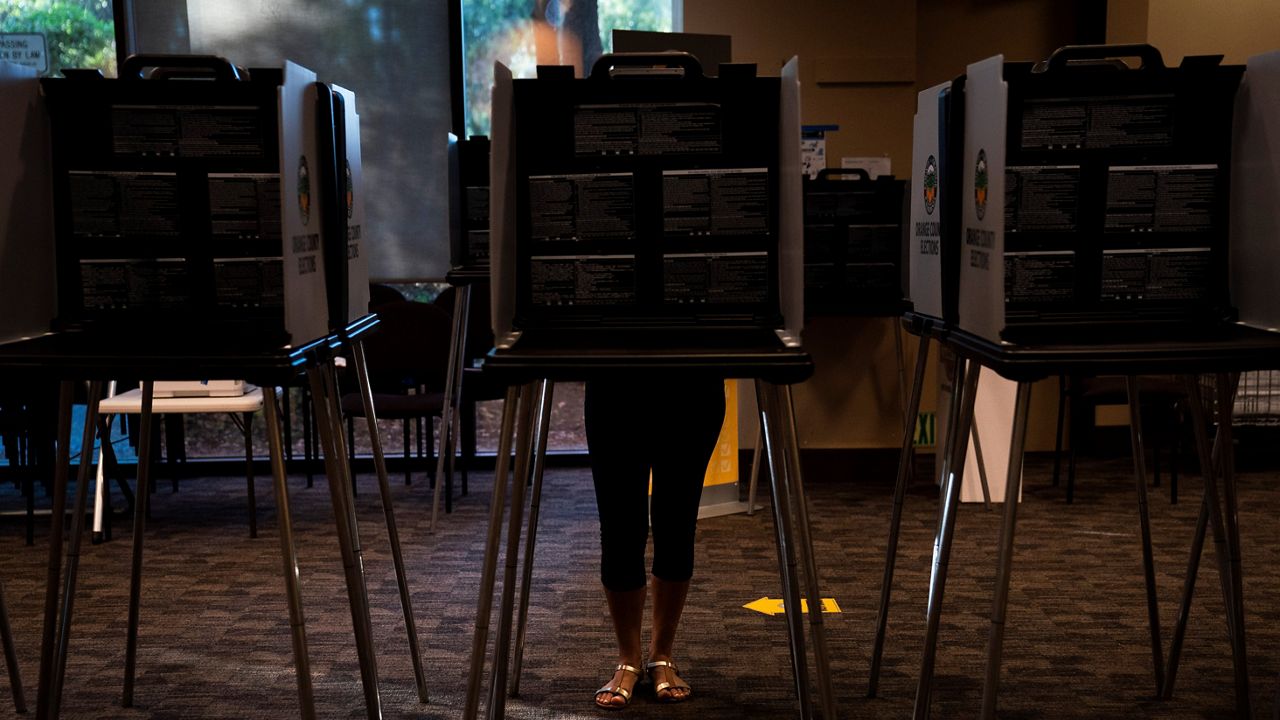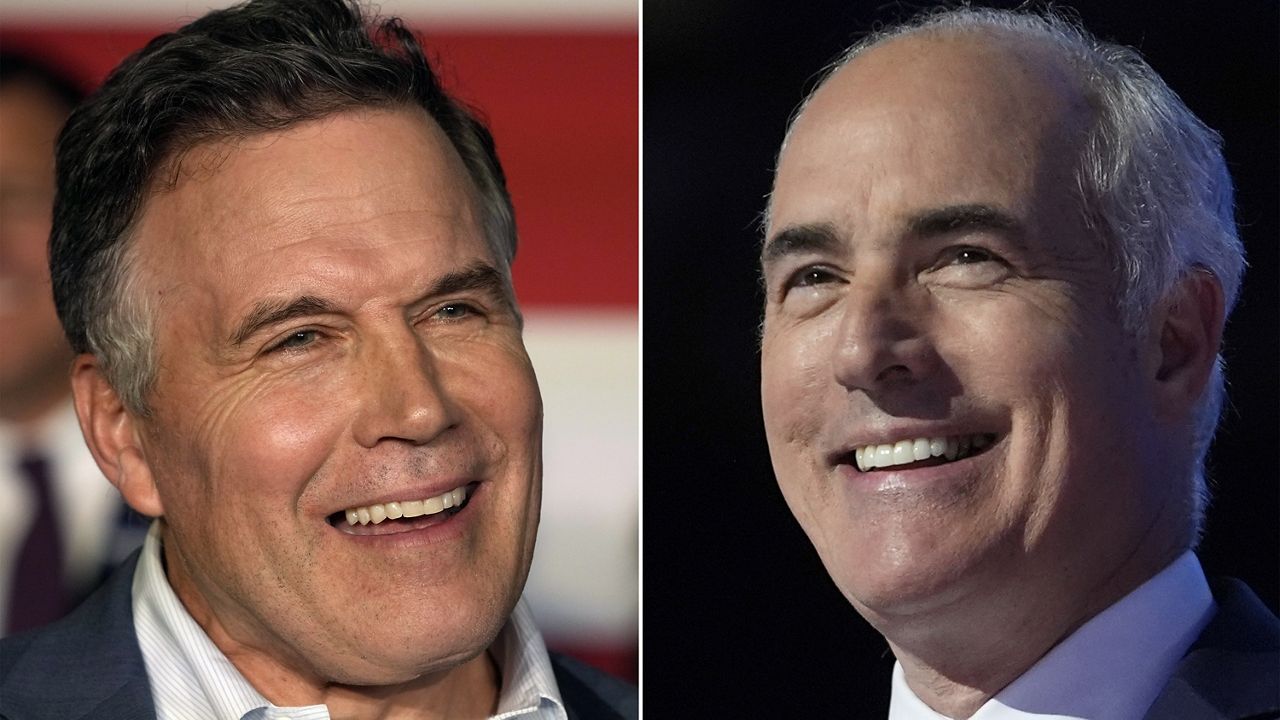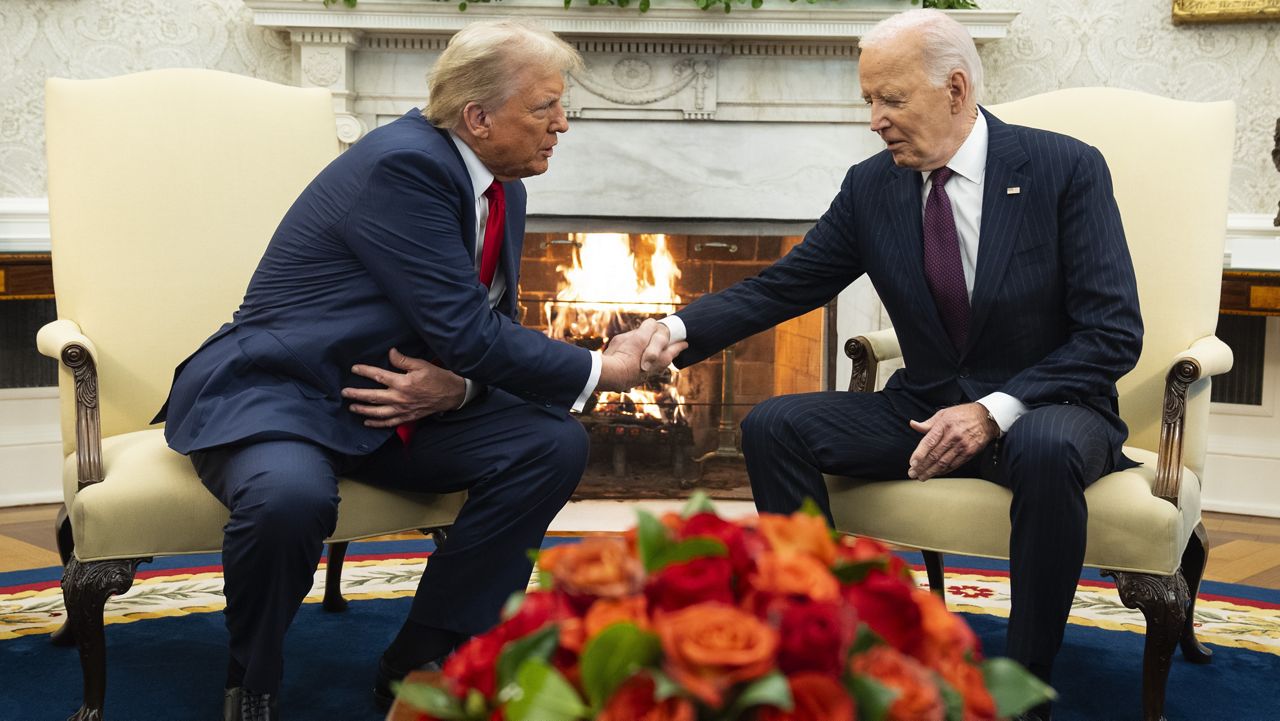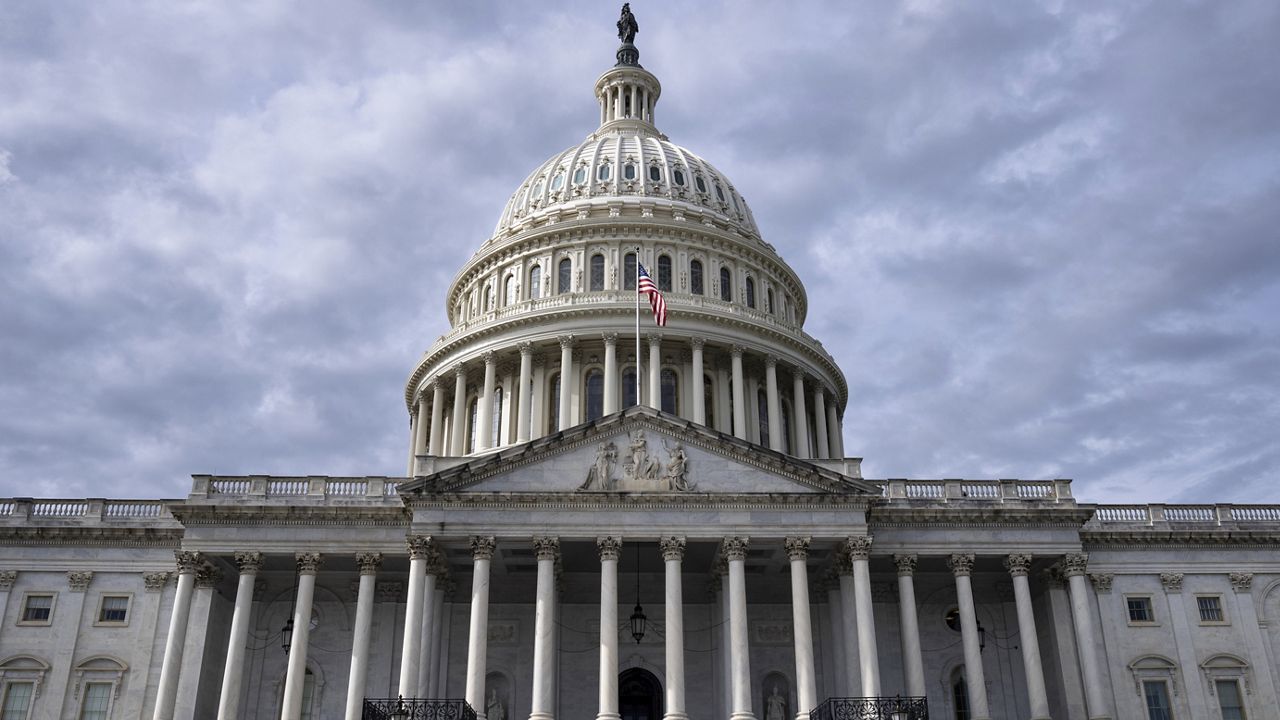In the hours after polls closed around the nation Tuesday night in what was projected to be a close presidential race, talk about the possibility of high-stakes recounts in battleground states swiftly subsided as it became clear former President Donald Trump was cruising to a decisive victory.
The battles for senate seats in some of the country's most competitive states, however, are a different story.
Republicans have already secured enough spots in the upper chamber for a majority in next year’s Congress, but how large their edge is will depend on a few ultra tight races in battleground states.
The races in Wisconsin, Michigan and Pennsylvania have all now been called by the Associated Press, but the margins of victories in the contests are all within one percentage point, with 99% of the vote counted in each state. The contest in battleground Nevada, meanwhile, has yet to be called and the two candidates are sitting within one percentage point of one another with 91% of the vote in, according to the Associated Press.
It is possible one or more of these races could go to a recount that could help determine the size of the GOP majority in the Senate next year. Here are the rules for recounts in each of those states.
The Associated Press declared that Democratic incumbent, Sen. Tammy Baldwin, has prevailed over Republican challenger Eric Hovde with 49.4% of the vote to his 48.5% with 99% of the vote counted.
Baldwin’s 0.9% edge in the Senate contest matches Trump’s lead over Harris in the state.
As those races stand now, they both qualify for recounts under the state’s rules. There is no automatic recount in Wisconsin but a candidate can petition for one if he or she believes a “mistake or fraud has been committed” and the margin is within one percentage point in races in which more than 4,000 cast ballots.
The candidate can request a recount in a specific ward or municipality or all of them and must file a petition before the end of the third day after canvassing is completed, which is when vote totals are checked at the municipal, county and state levels.
The person requesting the recount must prepay the estimated cost to carry out another counting of the votes unless two candidates sit within 0.25% of one another. The state reimburses a candidate if their requested recount ends up changing the initial outcome.
Even if a recount were to find a different outcome in Wisconsin, it would not change the overall result of the presidential contest. There is a possibility it could matter for the Badger State’s Senate race, however. Spectrum News has reached out to Hovde’s campaign to ask if he plans to request a recount but has not heard back.
The Associated Press has called the race in favor of Democratic candidate Elissa Slotkin over Republican Mike Rogers. Slotkin holds a 0.3% edge over Rogers with 99% of the votes counted.
The Wolverine State calls for an automatic recount in a race if the results have been decided by a margin of 2,000 votes or less. In the event it is not that close, as is the case with the current race for the state’s open senate seat, a candidate can request a recount if he or she has a “good-faith” reason to believe “fraud or mistake” has impacted the results.
In such a case, the candidate must file a petition within two days of the completion of the canvass of the votes and specify in which counties, cities or precincts he or she is requesting the recount. The candidate has to pay a fee depending on how many areas he or she is requesting, according to Michigan Law.
This summer, Michigan lawmakers passed a bill that amends a few of the recount rules in the state, but it is not expected to take effect until next year.
Spectrum News reached out to Rogers about a potential recount request.
The Associated Press on Thursday called the state’s senate race this year in favor of GOP candidate Dave McCormick over longtime Democratic incumbent Sen. Bob Casey. McCormick leads Casey by half a percentage point with 99% of the votes counted in the state.
That one-half of a percent in which the race currently sits is the exact threshold that requires the Secretary of the Commonwealth to order an automatic recount, meaning the race between McCormick and Casey looks to be headed down such a path. A recount must be ordered by the end of the second Thursday following the election, which, in this case, would be Nov. 14.
The Keystone State does not allow for candidates to request recounts but does allow for “three qualified electors of the election district” to file a petition for one if a race does not qualify for an automatic one.
Democratic incumbent Jacky Rosen currently leads Republican Sam Brown 47.8% to 46.5% with 91% of the vote counted. The race has yet to be called by the Associated Press.
According to Nevada law, a candidate can request a recount within three working days after the canvass of the vote in the state and must deposit in advance the estimated costs.




